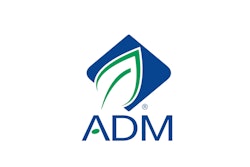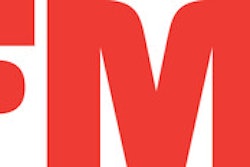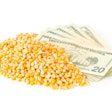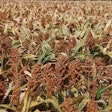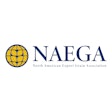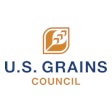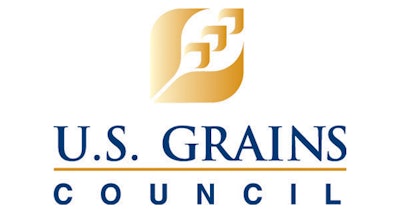
The U.S. Grains Council collaborated with the U.S. Department of Agriculture’s Foreign Agricultural Service (USDA’s FAS) and the Amman Chamber of Commerce to organize a grain standards workshop in Jordan last month.
The workshop included representatives from key importers, the Jordan Food and Drug Administration as well as the Jordan’s ministries of agriculture, industry, trade and supply. The workshop discussed contract terms, U.S. grains specifications and standards and Grain and Feed Trade Association (GAFTA) rules and arbitration system.
“This first-of-a-kind workshop is part of the Council’s work to maintain an open dialogue with government officials, traders and end-users to facilitate resolution of trade issues,” said Ramy Hadj Taieb, USGC regional director for the Middle East and North Africa. “Facilitating discussions on how to improve and standardize grain inspection helps build confidence in U.S. grains and products.”
The workshop included discussion of testing needs for grain samples in the importing country. Assisting customers with addressing quality concerns through the grain supply chain is a large part of the Council’s educational efforts overseas supplemented by two corn quality reports annually and roll-out events to present them to key buyers.
In the Jordanian workshop, participants stressed the importance instituting grain quality assurance on the receiving end, including developing an integrated feed and grain testing laboratory, staffed by qualified and experienced technicians, in the Aqaba port where the main grain shipment vessels are discharged in Jordan. Discussions also included bringing Jordanian grain quality standards in line with international standards.
“One key recommendation was the call to adopt updated procedures for sampling grain imports that conform to both international practices and technical norms,” Taieb said. “Standardizing inspection procedures will help importers obtain more uniform quality testing results.”
Workshops like the one in Jordan enable the Council to respond to customer questions and engage in long-term market development in a region with large growth potential for U.S. exports of coarse grains and co-products. Jordan imported nearly 192,000 metric tons (7.5 million bushels) of U.S. corn in 2016/2017, valued at $31.8 million.
“The United States faces increasing competition in the Middle East and North Africa region from both Black Sea and South American exports,” Taieb said. “As a result, the Council’s customer servicing and marketing efforts are vital to determining where short-term market opportunities exist as well as building long-term relationships to address importer concerns.”
Learn more about this seminar here.



